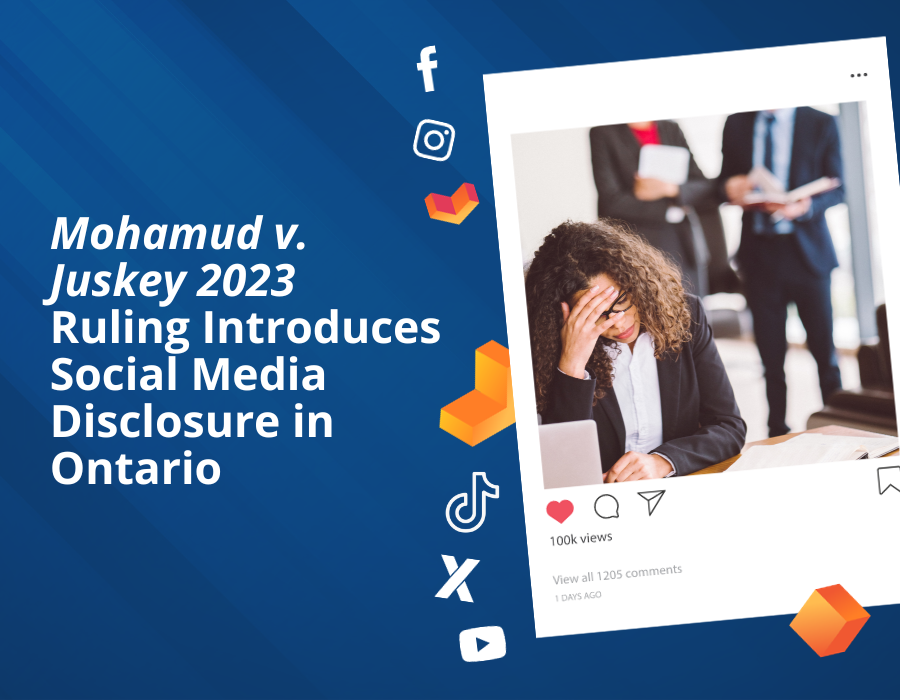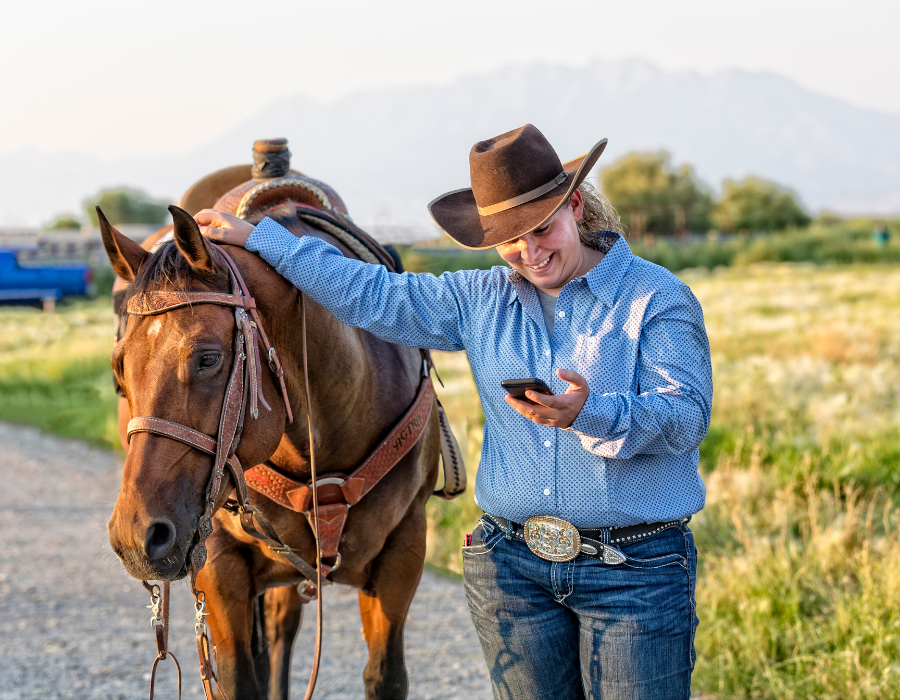Ehrenberg v. State Farm Mut. Auto. Ins. Co., No. 16-17269, 2017 U.S. Dist. LEXIS 132036 (E.D. La. Aug. 18, 2017) at 3
Ehrenburg v. State Farm Insurance deals with a situation where the defendant filed a motion to compel the production of the plaintiff’s social media profiles on Twitter, Instagram, and Facebook.
The defendant alleged that the information was relevant to proving the extent of the plaintiff’s injuries. As proof of relevance, they adduced photographs from the plaintiff’s public profile, which showed her travelling to international destinations and engaging in recreational activities such as skiing and hiking.
The defendant argued that the social media posts contradicted the plaintiff’s claim of being in “constant pain” and requiring surgery. The defendant stated that the plaintiff agreed to share information with others when she created her accounts to discount privacy concerns.
After reviewing case law pertaining to the proportionality of such requests, the court held that the social media posts were relevant. However, the production request was deemed to be overbroad as it would result in unfettered access to the plaintiff’s information.
As such, the court limited the scope of production to posts that are:
(1) Related to the accident
(2) Referred to the injuries sustained
(3) Reflected the physical capability of the plaintiff
(4) Related to any emotional or mental distress alleged by the plaintiff
(5) Referred to any emotional stresses
(6) Depicted any vacations the plaintiff took
The court also denied the production of the plaintiff’s friends’ posts as it would invade the privacy of individuals not involved in the action and therefore be irrelvant.
Social media investigation is the new surveillance being used by insurance companies. Private Footprint is a simple tool that provides lawyers full visibility into their clients’ past and present social media activity.
In this case, the court ruled that the plaintiff’s social media posts were relevant to the case. With Private Footprint, the lawyer (s) representing the plaintiff would have been aware of what the plaintiff was posting and advised the client to refrain from making such posts. Prior to taking on the case, the lawyer (s) could also run a report of the plaintiff’s social media profiles to assess if this was indeed a file they wanted to take on.
Contact us today to learn more about Private Footprint and how you can start protecting the value of your files.













































